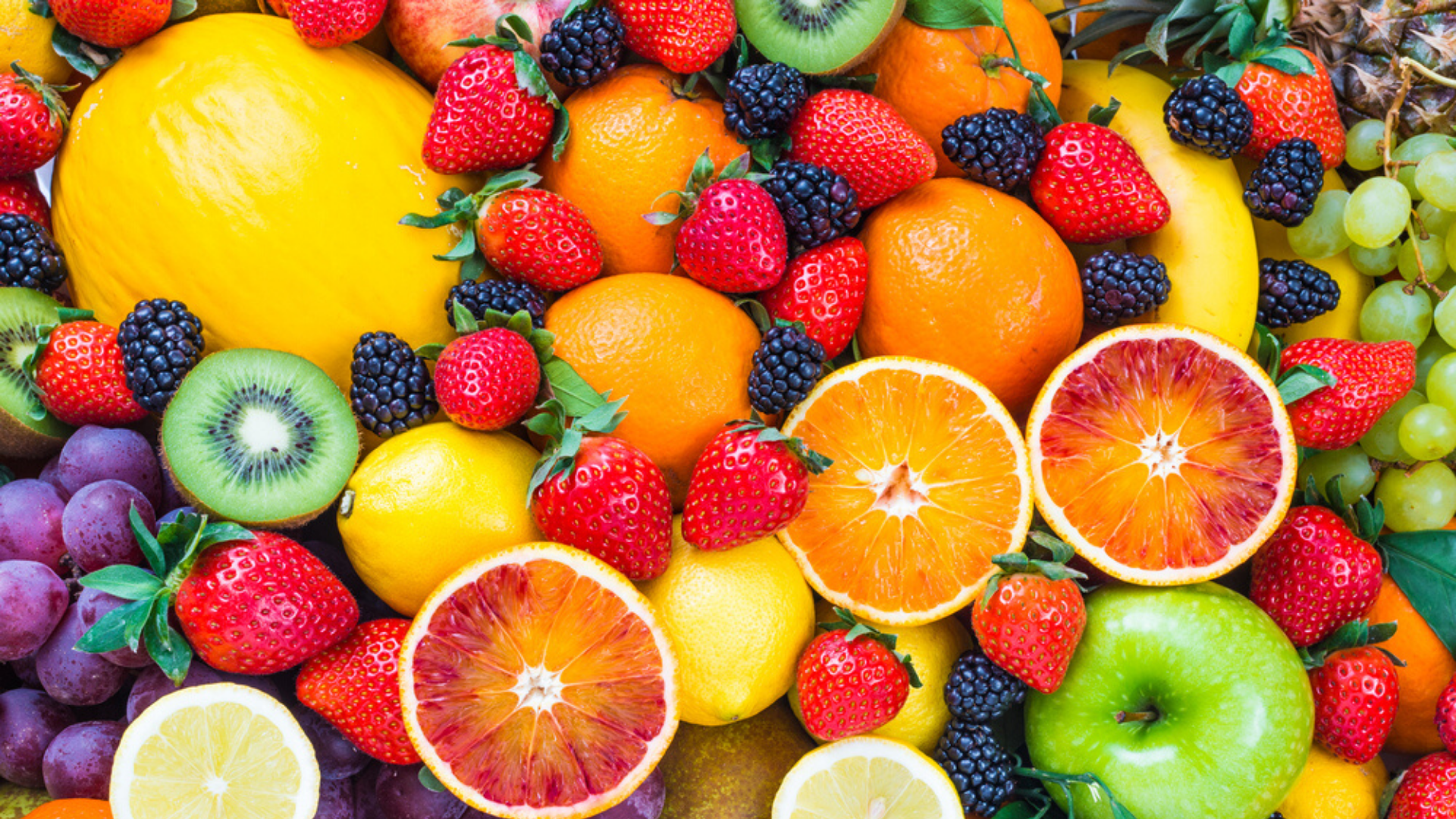
Sugar is a simple carbohydrate that the body converts into glucose to use for energy.
Natural sugars are found in foods, including fruits (fructose) and dairy (lactose), and provide essential nutrients to our body. However, refined sugar comes from sugarcane, which is processed for extraction (i.e. sucrose, a combination of glucose and fructose). The majority of the processed foods we consume include refined sugar, which contains little to no nutritional value. Refined sugar is often found in store-bought foods, including cookies, cakes, salad dressings and frozen dinners. Refined sugar doesn’t provide our body with any real nourishment in terms of vitamins, minerals, fiber, phytonutrients, and antioxidants.
When consumed in excess, processed forms of sugar can contribute to weight gain over time due to the added calorie consumption. The WHO has indicated that no more than 10% of an adult’s calories—and ideally less than 5%—should come from added sugar or natural sugars in honey or maple syrup [3]. For a 2,000-calorie diet, 5% would be 25 grams of sugar per day.
What causes sugar cravings?
The brain’s primary source of fuel is glucose. Sugar consumption causes the release of endorphins, which activate the reward centers of the brain and the release of the ‘feel-good’ and habit-forming hormone, dopamine. As we consume more sugar, our bodies create more dopamine receptors, which creates a cycle of continued sugar cravings and excess sugar consumption.
Furthermore, the body breaks down high-glycemic refined sugar, which rapidly causes insulin and blood sugar levels to peak. The problem is that refined sugar contains no subsistence and is digested very quickly, which throws blood sugars off balance. On the other hand, natural sugars contain dietary fiber, which slows digestion and contributes to feelings of satiety. High-glycemic foods like breakfast cereals and white bread activate these reward-response regions of the brain, creating more intense cravings as compared to low-glycemic foods like whole grains and starchy vegetables.

Cutting out refined sugar
Excess sugar consumption over time has shown to contribute to a host of negative health effects, including chronic illness such as type 2 diabetes and cardiovascular disease. Type 2 diabetes results when sugar production outweighs our body’s ability to effectively produce insulin for blood sugar regulation, causing ‘insulin resistance’ and a build-up of glucose in the blood. Sugar is also known to contribute to widespread inflammation within the body by lowering the efficiency of white blood cells and hindering our ability to fight disease and infection. Cutting out refined sugar starts with a transition from processed foods to less sweetened, unrefined, whole foods. Our team at F45 has put together some tips on how best to cut refined sugar
Tips to cut refined sugar:
- Start by gradually lowering your sugar intake with simple substitutions, i.e. swapping out sugary soda drinks for soda water or cucumber, mint, or fresh lemon-infused water.
- Check for hidden refined forms of sugar in nutrition labels, such as high-fructose corn syrup via total added sugars. Refer to the ‘Breaking Down a Nutrition Label’ article for additional tips on how to avoid added sugar while grocery shopping.
- Swap sugar-loaded desserts for naturally sweetened ones, including fresh fruit, yogurt, and chopped dates.
- Avoid store-bought sauces, salad dressings, and BBQ sauces by preparing your own.
- Avoid sugar-filled breakfast foods and choose low-glycemic options including oatmeal, greek yogurt, eggs.
- Incorporate more lean proteins and healthy fats from unsaturated sources to reduce cravings.
Rule of thumb: Choose a diet based on whole foods rather than highly processed alternatives to be fully in control of your sugar intake!














